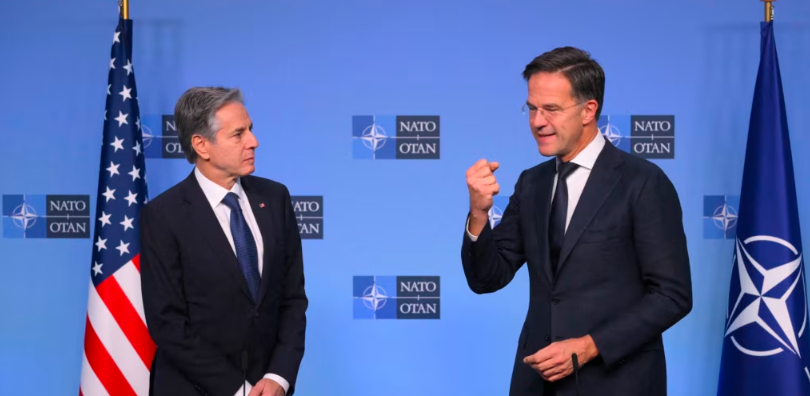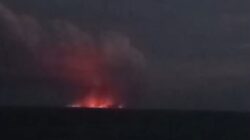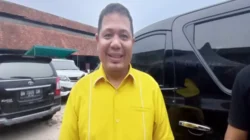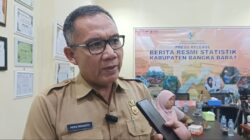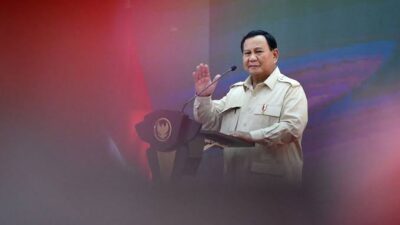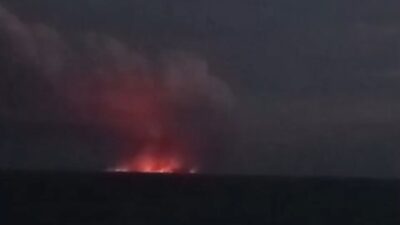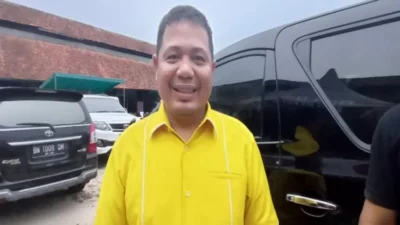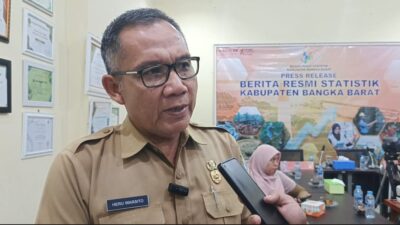Western leaders have called for continued military support for Ukraine as it fights off a nearly three-year-old Russian invasion, but have rejected Kyiv’s call to immediately join NATO, the West’s main military alliance, citing concerns that joining NATO would drag the ally into a wider conflict with Moscow.
U.S. Secretary of State Antony Blinken, who met with NATO Secretary-General Mark Rutte in Brussels on Tuesday ahead of a meeting of foreign ministers, discussed what the U.S. State Department called “concrete steps” the West could take to help Ukraine defend itself.
While NATO’s 32 nations have said Ukraine is on an irreversible path to membership in the post-World War II alliance, Rutte said the top priority should be providing more weapons to the country’s forces as Russia gains ground along the frontline in eastern Ukraine.
“The [Ukrainian] front is not moving eastward. It is moving slowly westward” in Russia’s favor, Rutte said. “So, we have to make sure that Ukraine is in a strong position, and then the Ukrainian government has to decide on the next steps, in terms of opening peace talks and how to conduct them.”
Ukrainian President Volodymyr Zelenskyy agreed, saying his country needed “significant assistance” to supply its weapons in the Donetsk region.
“The greater the firepower of our army, the more technological capabilities we have, the more effectively we can destroy the offensive potential of Russia and protect the lives of our soldiers,” Zelenskyy said in his daily address on Tuesday.
Zelenskyy said that in addition to the “detailed discussions” Ukraine has had with its partners on the issue, “we are working on our own, increasing our production, our Ukrainian defense industry.” He said Ukraine is working to “have more capabilities of its own to carry out long-range attacks on its own.”
British Prime Minister Keir Starmer said in a speech Monday night that Ukraine’s allies should “do whatever it takes to support their self-defense for as long as it takes,” but acknowledged that the war would end with negotiations and potential compromise.
Starmer said allies should “put Ukraine in the strongest position for negotiations so that they can achieve a just and lasting peace on their terms that guarantees their security, their independence — and their right to choose their own future.”
Zelenskyy said Sunday that an invitation to join NATO “would essentially strengthen Ukraine before any negotiations to end the war.”
Under NATO, an attack on one member state is considered an attack on all. But that provision has only been applied once, when Western allies joined U.S. forces to fight al Qaeda in Afghanistan after its terrorists attacked the U.S. in 2001, killing nearly 3,000 people.
Given NATO’s terms, Western allies have rejected Ukraine’s membership in the alliance while its war with Russia rages. Even so, Ukraine’s Foreign Ministry said Tuesday that Kyiv “will not accept any alternative, substitute or other option for Ukraine’s full membership in NATO,” citing “its bitter experience of the Budapest Memorandum.”
Under the pact, signed 30 years ago in the Hungarian capital, Ukraine agreed to give up its Soviet-era atomic weapons, the world’s third-largest nuclear arsenal, in exchange for security guarantees from Russia, the United States and Britain.
Ukraine has called the Budapest agreement “a monument to shortsightedness in strategic security decision-making.”
At present, the Ukrainian government says, “We believe that the only real guarantee of Ukraine’s security, as well as a deterrent to further Russian aggression against Ukraine and other countries, is Ukraine’s full membership in NATO.”
Western allies have pledged hundreds of millions of dollars in new military aid to Ukraine ahead of the foreign ministers’ meeting, including a new round of aid from the United States and Germany.
